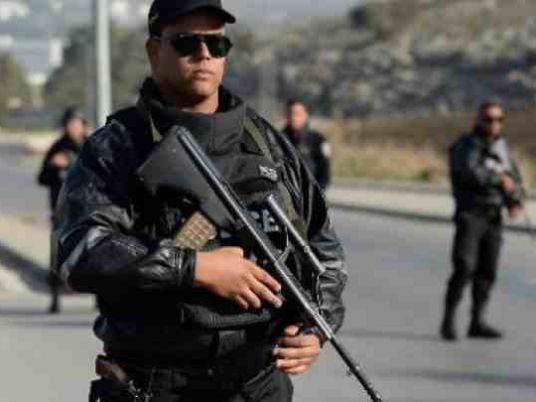
TUNIS (Reuters) – Two militants in Tunisia blew themselves up on Thursday after they exchanged fire with security forces who stormed their hideout and encircled them, Tunisia’s interior ministry said.
The existence of the cell in the city of Jilma, 250 km (156 miles) south of the capital, shows the challenge Tunisia faces from militants, some of whom cross the porous borders from Libya and Algeria.
Authorities identified Ezzedine Alaoui, the leader of the Brigade of Jihad and Unity, as among the dead, said Soufien Sliti, a spokesman for the counter-terrorism agency.
He was the mastermind of a terrorist plot to take control of the Sidi Bouzid province south of Tunis, Sliti said.
Alaoui had joined Jund Al Khilafa, another militant group in the mountainous area between Sidi Bouzid and Kasserine, in 2014, but he then left to join the Brigade of Jihad and Unity, which eventually came to be known as the cell of Sidi Bouzid, Sliti said.
Most members of the cell were arrested on Dec. 5 in Sidi Bouzid in an operation during which material for making bombs was seized by the security services.
Since the Arab Spring uprising that broke out against autocratic leader Zine Abidine Ben Ali in 2011, Tunisia has been battling militant groups operating in remote areas near the border with Algeria.
Authorities estimate about 3,000 Tunisians have joined the Islamic State (ISIS) and other jihadist groups in Iraq, Syria and Libya. Meanwhile, Tunisia’s high unemployment rate has stoked unrest in recent years in the country’s southern and central areas.
Dozens of people died in attacks in 2015, including two that targeted tourists. One of those attacks took place at a museum in Tunis, while another attack took place on a beach in Sousse. A third attack targeted presidential guards in the capital and killed 12 people. The Islamic State terrorist group claimed the attacks.




